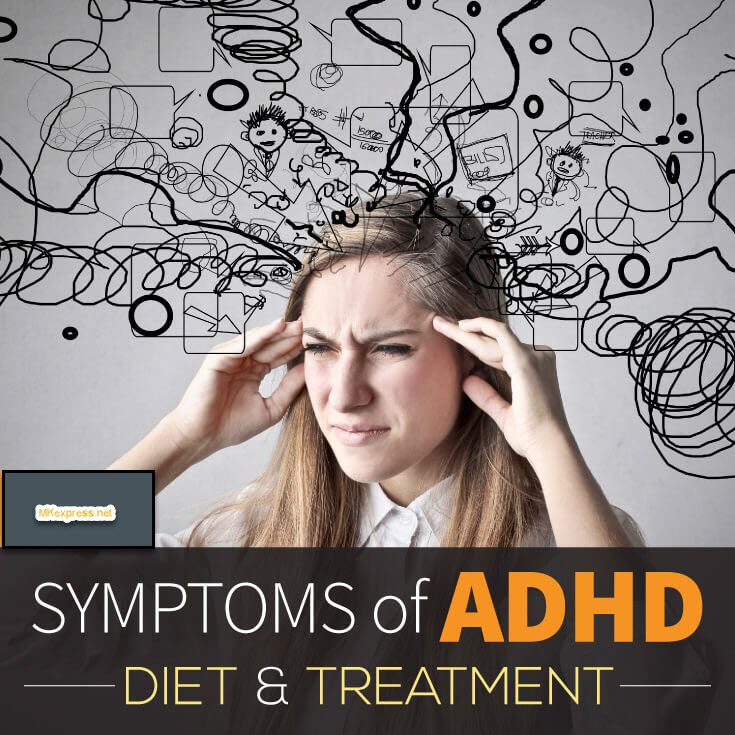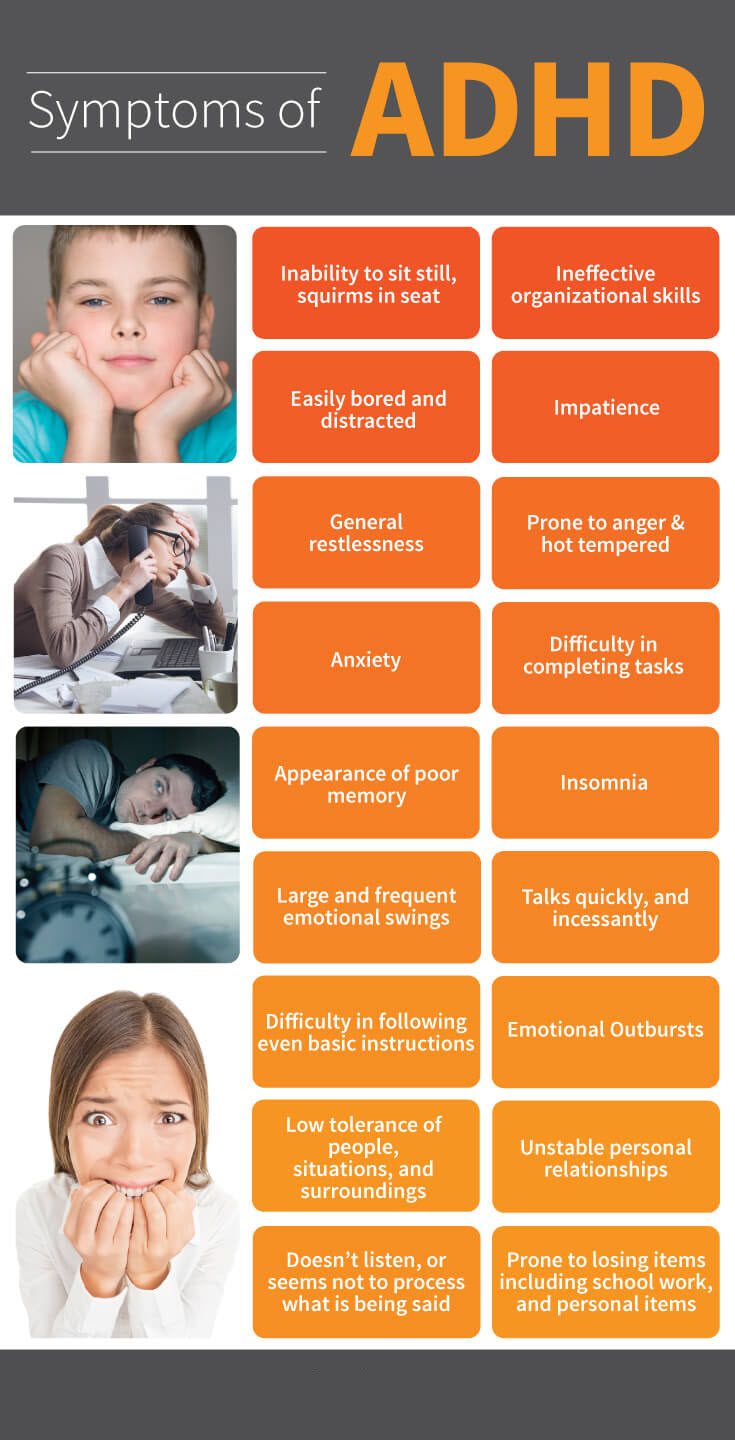
Is ADHD a Learning Disability?
Attention Deficit Hyperactivity Disorder (ADHD) is a neurodevelopmental disorder characterized by persistent patterns of inattention, hyperactivity, and impulsivity. While ADHD can significantly impact learning, it is not classified as a learning disability.
ADHD affects approximately 9% of American teens and over 4% of American adults. The disorder is categorized into three main subtypes: hyperactive-impulsive, inattentive, and combined hyperactive-impulsive and inattentive.
Onset and Impact of ADHD
ADHD symptoms typically emerge around age 7 but can appear at any point during adolescence or adulthood. Untreated ADHD in children often leads to disruptive behavior at home and school, potentially resulting in learning deficits, academic struggles, and risky behaviors.
For adults, ADHD presents unique challenges, affecting cognitive function, particularly in attention and memory. These difficulties can be exacerbated when depression symptoms are present.
Treatment Approaches and Concerns
Conventional treatment often involves prescription medications like Ritalin and Adderall. However, these drugs may cause side effects such as delayed growth, sleep problems, decreased appetite, and heart issues. Some medications have been associated with more severe side effects, including personality changes and suicidal thoughts.
Natural Remedies and Lifestyle Changes
Fortunately, there are natural approaches to managing ADHD symptoms without relying solely on prescription stimulants. These include:
-
Dietary modifications
-
Nutritional supplements
-
Regular exercise
-
Improved sleep habits
-
Mindfulness practices like meditation and yoga.
ADHD Symptoms Across Age Groups
Typical ADHD symptoms in children, teens, and adults include:
-
Difficulty sitting still
-
Easy distractibility
-
Poor listening skills
-
Trouble following instructions
-
Disorganization
-
Impulsivity
-
Emotional instability
-
Low frustration tolerance
It’s important to note that symptom severity and impact can vary widely among individuals.
ADHD and Learning
While ADHD is not a learning disability, it can significantly affect academic performance. Approximately 30-50% of children with ADHD also have a specific learning disability, which can further complicate academic achievement.
ADHD impacts executive function skills crucial for learning, such as planning, organization, and maintaining focus. Under the Individuals with Disabilities Education Act (IDEA), ADHD may be considered a disability, potentially qualifying students for special education services or accommodations.
ADHD and Addiction Risk
Research indicates that individuals with ADHD have an increased risk of addiction, extending beyond prescription stimulants to alcohol and illegal drugs.
In conclusion, while ADHD is not classified as a learning disability, it can significantly impact learning and academic performance. A comprehensive approach to management, including both medical and lifestyle interventions, is often most effective in addressing ADHD symptoms and improving overall quality of life.
Understanding ADHD: Causes and Natural Approaches
Attention Deficit Hyperactivity Disorder (ADHD) is a complex condition with various potential causes. Recent research has shed light on several factors that may contribute to its development and symptoms.
Environmental Factors
Exposure to certain substances during pregnancy or early childhood appears to play a role. For instance, maternal smoking while pregnant has been linked to higher rates of ADHD in children. Even secondhand smoke after birth may increase risk. Early exposure to environmental toxins like lead or PCBs could also be a factor.
Diet and Gut Health
What we eat seems to have a significant impact on ADHD symptoms. The modern Western diet, high in processed foods, refined sugars, and artificial additives, may exacerbate issues for some individuals. Conversely, a diet rich in whole foods, omega-3 fatty acids, and probiotics could potentially help manage symptoms.
Genetic Predisposition
There appears to be a hereditary component to ADHD. Children with parents or grandparents who have ADHD are more likely to develop it themselves. However, it’s unclear whether this is purely genetic or if shared lifestyle factors also contribute.
Brain Injury
Traumatic brain injuries can sometimes lead to ADHD-like symptoms, including problems with attention, memory, and impulse control.
Natural Approaches to Managing ADHD
While medication is often prescribed, many families are interested in exploring natural treatments. Here are some strategies that show promise:
Dietary Modifications
Eliminating potential trigger foods and focusing on nutrient-dense options may help. Some foods to consider avoiding include:
-
Refined sugars and artificial sweeteners
-
Gluten (for some individuals)
-
Conventional dairy products
-
Artificial food colorings and preservatives
-
Caffeine and energy drinks
Instead, emphasize:
-
High-protein foods from quality sources
-
Iron-rich foods
-
Foods high in B-vitamins
-
Probiotic-rich foods
-
Omega-3 fatty acids (like wild-caught fish)
Nutritional Supplements
Under professional guidance, certain supplements may be beneficial:
-
Fish oil (omega-3 fatty acids)
-
Zinc
-
B-complex vitamins
-
Probiotics
Lifestyle Changes
Simple adjustments to daily routines can make a big difference:
-
Prioritizing quality sleep
-
Regular exercise
-
Eating a protein-rich breakfast
-
Using essential oils for relaxation
-
Incorporating stability balls for seating
Remember, every individual is unique. What works for one person may not work for another. It’s always best to consult with healthcare professionals when making significant changes to diet or lifestyle, especially when managing a condition like ADHD.
Conclusion
Attention Deficit Hyperactivity Disorder significantly impacts learning capabilities, making it extremely challenging for individuals to maintain focus and concentration. This neurological condition creates substantial barriers to effective learning processes.
Living with ADHD means facing daily struggles with attention regulation, which can make educational pursuits particularly difficult. The inability to sustain focus on tasks, especially academic ones, represents one of the most challenging aspects of this condition.
Fortunately, the information provided in this article offers practical approaches to managing ADHD symptoms naturally. By implementing dietary changes, considering appropriate supplements, and adopting supportive lifestyle modifications, individuals can experience meaningful improvement in their symptoms.
These natural management strategies can help create an environment where learning becomes more accessible. While ADHD presents significant challenges, the right combination of nutritional support, lifestyle adjustments, and environmental modifications can substantially reduce symptom severity and improve quality of life.
For those struggling with ADHD, applying these evidence-based approaches may provide the support needed to overcome learning obstacles and achieve greater success in educational endeavors.










